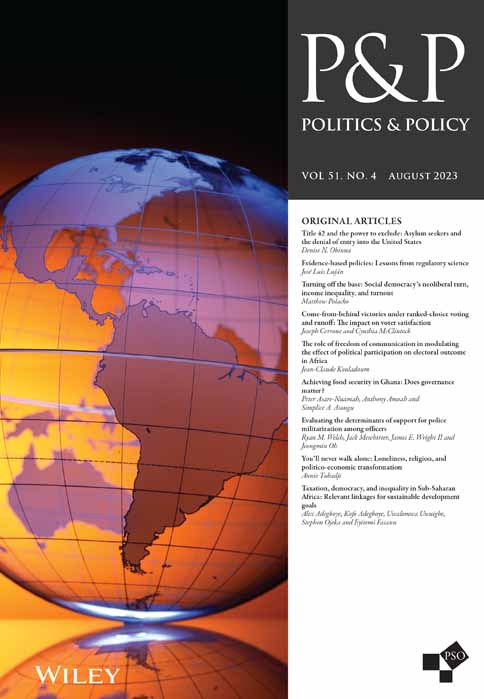Mae'r cynnwys hwn ar gael yn Saesneg yn unig.
Annie Tubadji is an Assistant Professor in Economics at the Economics Department, Swansea University. She is a cultural economist working in intersections between micro and regional economics and public choice.
Annie’s main areas of expertise are New Cultural Economics (NCE) and Regional Economics. She focuses on the cultural bias in economic choice as a function of the interaction between the micro and macro levels. Annie is an active researcher, with over 40 publications in prestigious academic journals and is actively presenting her research at leading international academic and policy-making oriented events.
In 2021, the Learned Society of Wales awarded Annie’s work with the Dillwyn medal for the application of her Culture-Based Development paradigm on the problems of cultural bias, inequality and discrimination.
Annie is a member of the Steering Committee of the Cultural Heritage Training and Research Centre (CHART) and an active member of the Wales Institute of Social and Economic Research and Data (WISERD). She acts as the official representative of Swansea university at the UNESCO-OECD International PASCAL Observatory and the Learning Cities Network.
Annie has previously worked at: University of West of England, Bristol, the UK; University of Bologna, Italy; University of the Aegean, Greece; Institute for Employment Research (IAB), Germany; as well as UNDP, UNICEF and the State Agency for Analysis and Planning, Ministry of Finance, Bulgaria (as part of the EU-NSRF Strategic Team 2007). She is the holder of the Shackle Scholarship at St. Edmunds, Cambridge University, the UK, for 2015-2016. Annie obtained her PhD from the University of Regensburg, Germany in 2011.
Annie was the Cluster Leader for Microeconomics at the Bristol Centre for Economics and Finance (BCEF) and the organizer of the BCEF Economic Research Seminar Series. She is currently the organizing of the Seminar Series of the Economics Department at Swansea University.
Current WISERD Projects: Culture and Identity in Wales
Research Interests: cultural capital, migration, discrimination, inequality, knowledge and education, regional development, public choice, voting, populism and polarization.
Current Research: cultural preparedness for natural disasters and economic shocks with regional inequality nexus; socio-economic mobility and linguistic discrimination; cultural narratives and polarization; religion.

